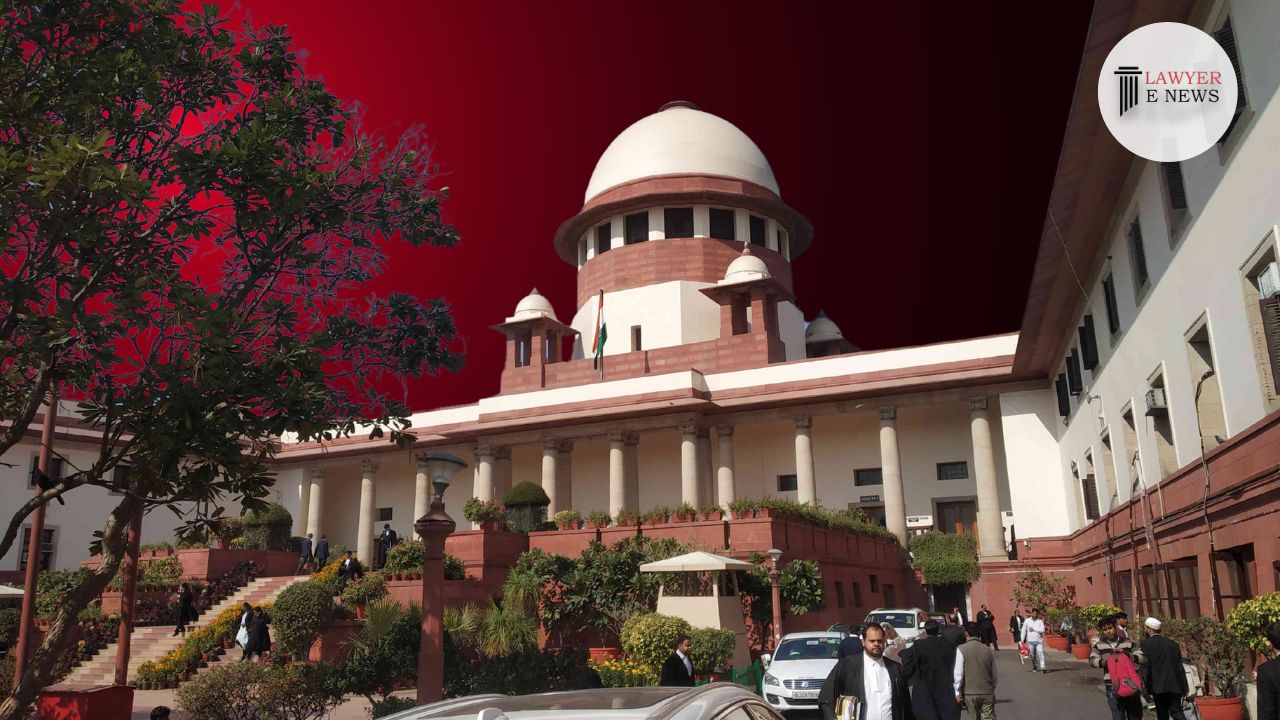-
by Admin
15 February 2026 2:36 AM



On 21 April 2023, Supreme Court of India has modified the sentence awarded to two convicts, Vikas Chaudhary and Vikas Sidhu, who were sentenced to life imprisonment for kidnapping, strangulating, burning and disposing of the body of an 18-year-old boy for ransom. The trial court had sentenced them to life imprisonment for the remainder of their life, or without entitlement to remission for a fixed term of not less than 20 years, which was beyond the jurisdiction of the trial court. The High Courts in three similar cases had affirmed the conviction and sentence, but the Supreme Court had held that such a sentence was beyond the trial court's power.
During the hearing, the Supreme Court noted that there was limited material regarding the mitigating circumstances of the appellants, and therefore directed the preparation and submission of three reports: a report of the probation officer, a report on the nature of work done while in jail by the jail administration, and a psychological and psychiatric evaluation report by the Director of VIMHANS. The court also considered written submissions outlining the mitigating factors and justification for a modification of sentence made by counsel for the appellants.
The probation report for Vikas Chaudhary revealed that he was 18-19 years old at the time of the offence and comes from an educated, urban, middle-class family background. He has completed 10th standard, but his 12th standard was interrupted by the offence. He has undergone more than 17 years of actual sentence, during which he has demonstrated satisfactory conduct. The report on the work he had done in jail was positive, and he had worked as a sahayak in the Langar, jail control room, and ward, for which he received appreciation certificates. There were only three episodes of aggression on record, and the VIMHANS report did not disclose any cause for concern. The latest probation report was encouraging and suggested that he had ample scope for reformation and reintegration into society.
The probation report for Vikas Sidhu revealed that he was in his early 20s at the time of the offence and had undergone over 17 years of actual imprisonment. He is a graduate of Delhi University and was a medical representative at the time of the offence. He too comes from an educated, urban, middle-class family background. He is married and enjoys the affection of his mother, spouse, and elder sister. He had worked as a volunteer teacher, sahayak, and in different units of the jail factory, and had received numerous appreciation certificates for work done in jail. His psychological evaluation report revealed no clinical signs or symptoms of psychopathology, and he showed promise in looking after his wife and aged mother.
The Supreme Court observed that both appellants shared some commonalities: they were of young age at the time of the offence, hail from educated backgrounds, and continue to enjoy the love and affection of their families, each of which have a good standing and strong ties within the communities they live in. While the material relating to their lives and social conditions pre-conviction did not offer an explanation as to the cause for commission of the offence, it could certainly be said that the material available regarding their conduct post-conviction remained encouraging. They had applied themselves during the time of incarceration and used their time to contribute meaningfully. Their psychological and psychiatric evaluations were concluded to be normal, without cause for concern. The state had also not indicated any material to the contrary regarding this aspect.
In view of the totality of the facts and circumstances, and for the above reasons, the Supreme Court modified the sentence awarded to both appellants to a minimum term of 20 years actual imprisonment. The appeals were partly allowed in the above terms.
VIKAS CHAUDHARY Vs THE STATE OF DELHI
